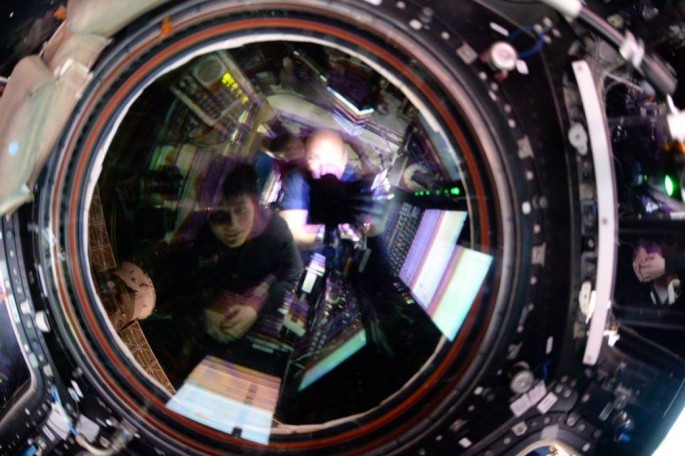Astronauts are sometimes considered as super humans, always running in peak condition however, once in a while, they do actually get sick in space.
Mission control crew and scientists are putting great efforts in order to keep spacecraft ad cargo sterilized but when astronauts arrive in space, bacteria and viruses and even mold can also try to hitch a ride with them via the spacecraft or inside their bodies.
A new study reveals how dust particles found at the International Space Station apparently contain bacterial pathogens where researchers collected them from air filter samples and vacuum bags used in the orbiting space laboratory.
The study did not confirm whether this space thriving bacteria could be potentially harmful to humans but researchers believe that those micro organisms that were once harmless on Earth can mutate and trigger inflammation or skin irritations in space.
This is a serious health concern for the crew aboard the ISS as dirt do not settle in space as they do on Earth. In space, dust particles are floating around in microgravity in which human immune systems also do get weak, making astronauts more susceptible to infections.
NASA says that space station maintenance involves a regular air test including water and surface tests where the crew follow cleaning protocols to maintain a healthy space environment.
When astronauts do become sick, there are first aid kits and specialized space medical equipment onboard for diagnostics and immediate treatment. The crew is also trained for basic medical situations and emergencies where they can also consult with doctors on mission ground control if necessary. If the case is extreme, the crew can also head back to Earth for an emergency trip.
Bacteria in space react differently in space compared to ones on Earth due to factors such as microgravity environment, space radiation and close presence of humans that elevate carbon dioxide levels among many others.
This new study hopes to gain more insight in understanding how bacteria behave and adapt in space travel in order for scientists to develop ways to preserve astronaut health in future space missions especially deep space flights to Mars.
This new study is published in the journal, Microbiome.



























